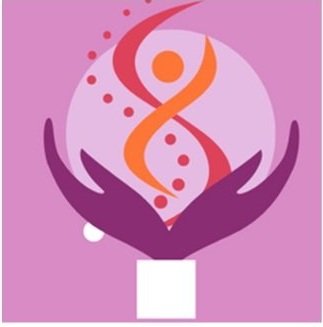Peer Support Drop-in Available to PEI Physicians
Peer support available for physicians - hosted by MH professionals (psychiatrists, physicians, etc.) to discuss any challenges physicians are facing MSPEI’s Physician Health Program, provided through Doctors of BC, is now hosting free drop-in COVID-19 Physician Peer Support Sessions via Zoom
Team Huddles
A structured, brief (5-15 min) routine (daily or multiple times a day), face-to-face communication of a team’s membership; has been shown to improve patient safety by enhancing teamwork creating standardized communication processes and providing a feeling of shared responsibility.
Team Strategies and Tools to Enhance Performance and Patient Safety (TeamSTEPPS)
A validated curriculum for teaching interprofessional communication; used with health workers; focuses on five key principles (leadership, situation monitoring, mutual support, communication, and team structure)
Well-being debriefings for health care workers: An Evidence-based method for improving well-being
A facilitator training manual to lead informal, peer-facilitated, small-group meetings where health workers have an opportunity to give voice to the difficult nature of their work and discuss issues that negatively affect resiliency
Commensality Groups
Commensality Groups are an evidence-based innovation to increase the sense of connection and collegiality among physicians and build comradery and meaning in work. By providing protected time for facilitated small-group discussion, improvements can be made across various dimensions of physician well-being, including meaning, empowerment, and engagement in work and reduction of distress.
COMPASS Program
COMPASS stands for “Colleagues Meeting to Promote and Sustain Satisfaction.” Initiated by Professor of Medicine Colin West, COMPASS groups are small gatherings of about six to 10 physicians who meet every other week for an hour to discuss issues central to the physician experience.
Battle Buddies
A psychological resilience intervention founded on a peer support model; involves pairing individuals together based on their clinical areas of practice, responsibilities, experience, seniority, and life circumstances
Health and Wellbeing Conversations
Regular health and wellbeing focused conversations held by line managers/ supervisors with their staff helps to foster a positive staff experience.
Faculty Support Calls
A program of voluntary and informal 1-hour group support video calls to help medical faculty address their challenges, listen to how they are coping, and describe lessons learned.
Mentorship Program for Medical Students
A support for resident-students/fourth-year medical students (during their 4-week emergency medicine sub internship).
Voices of Duke Health
A listening booth and podcast project that invites Duke Health providers, staff, students, trainees, patients, and visitors to have one-on-one conversations about what is meaningful in your lives, work, and relationships.
Women in Dentistry
Work, Life, Balance Group of female dentists gathered together to chat about an array of issues relevant to women in dental profession (clinical aspects, social and family life).
Schwartz Rounds
A standardized rounding program designed to openly and honestly discuss social and emotional issues that health workers face in caring for patients and families.
Wobble Room
A physical space for health workers to unwind and connect. It is open to all employees 24/7 to help release tension and recharge.















